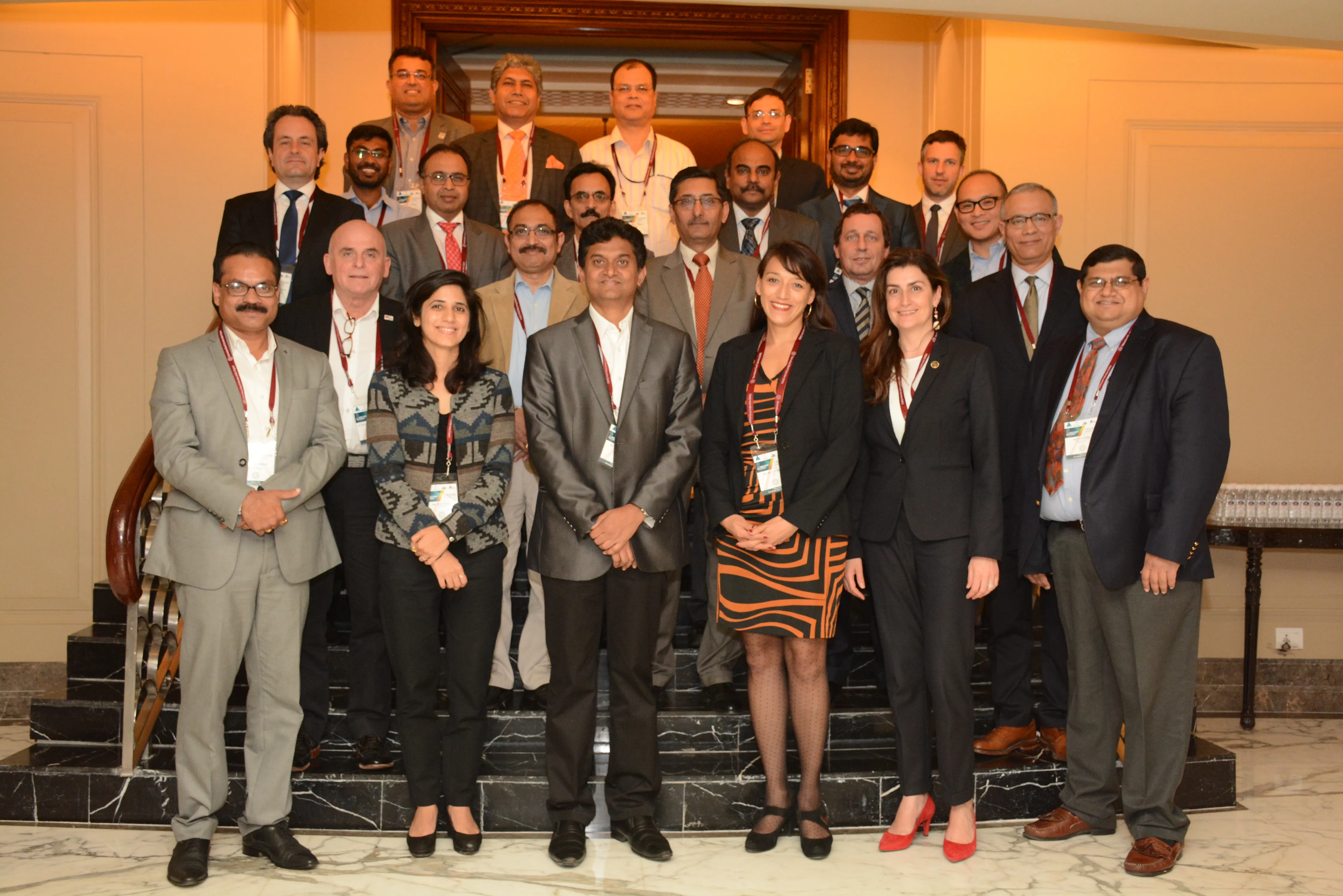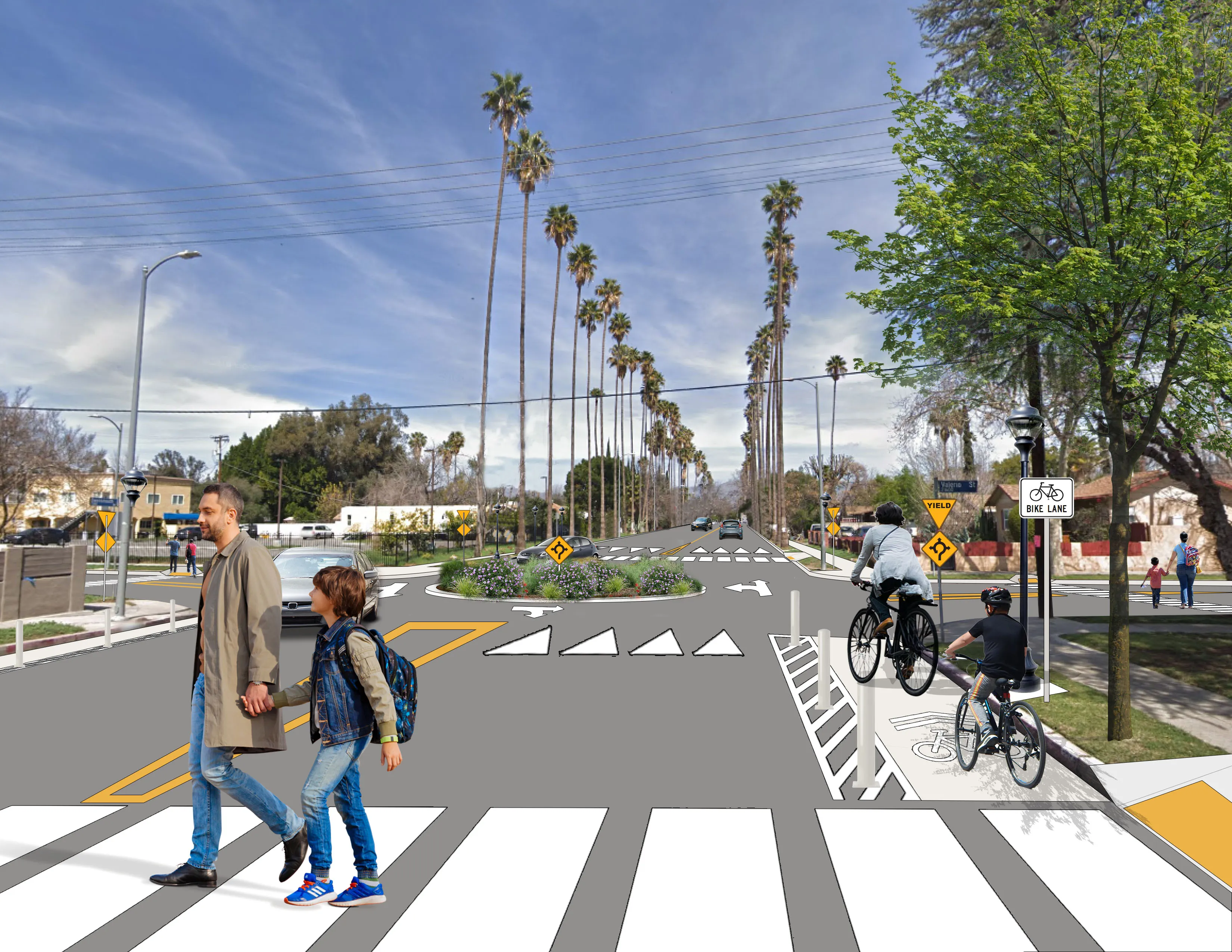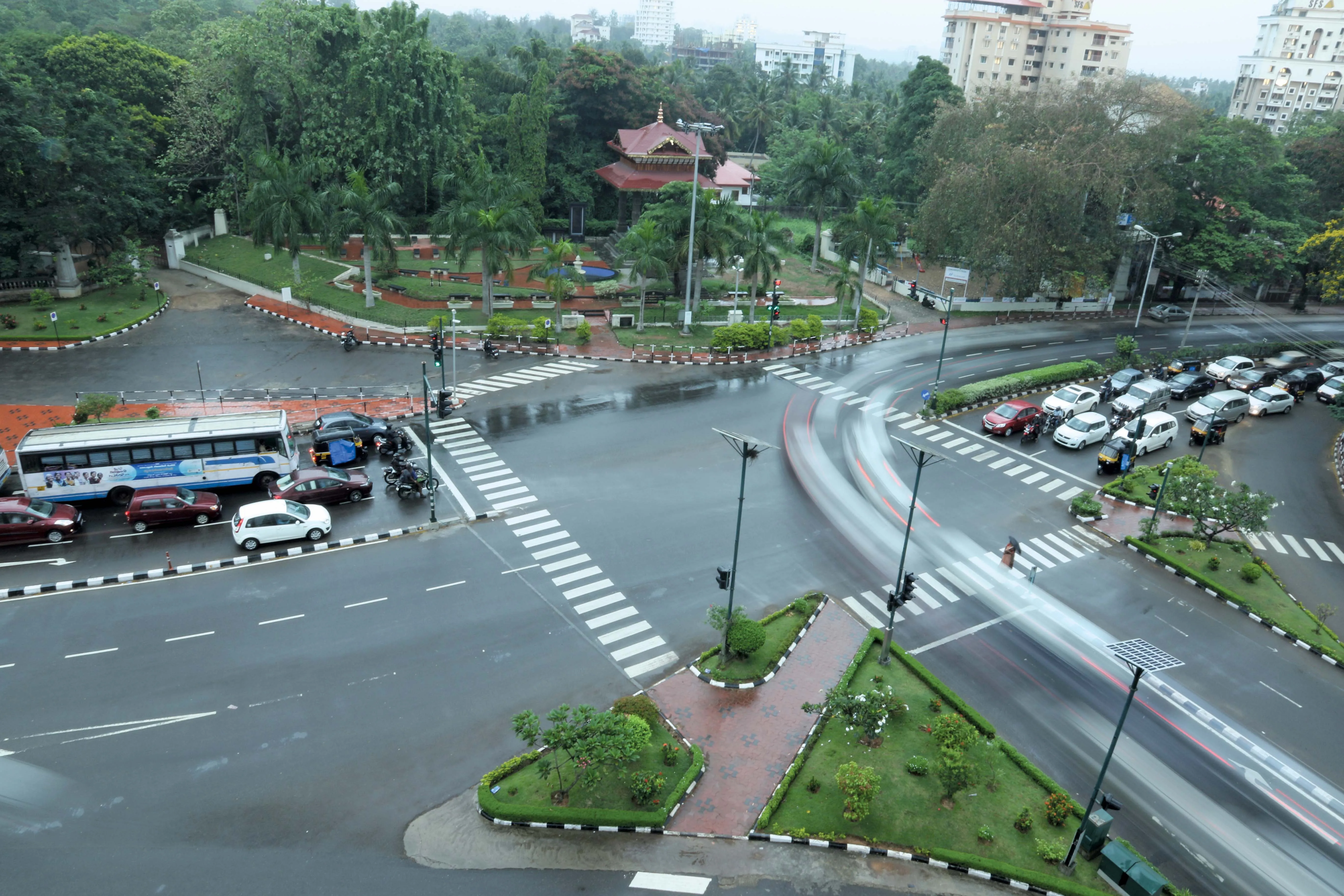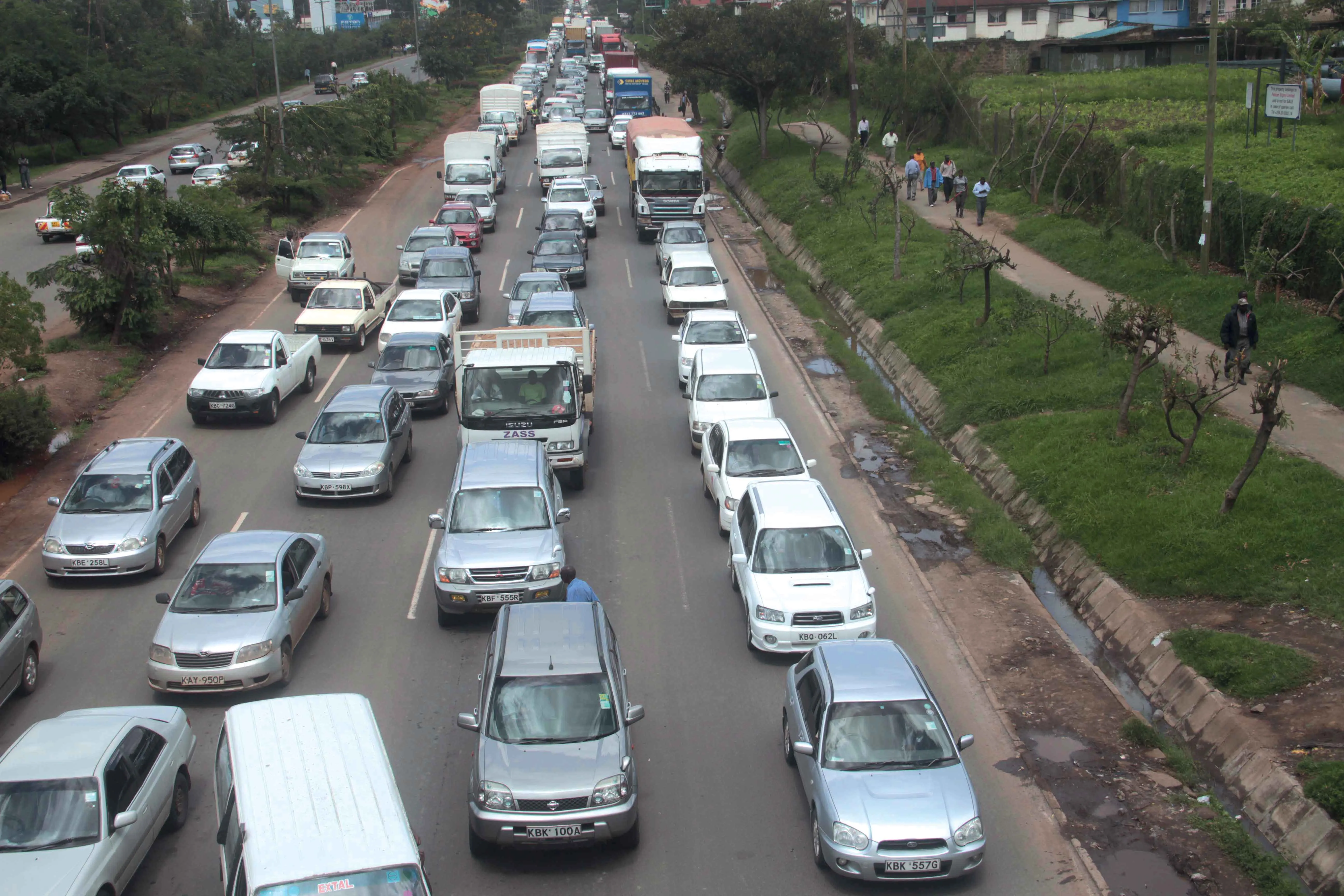
ITS can potentially alleviate many of these urban transport problems.
The IRF-ITS Roundtables aim to facilitate and stimulate the deployment of safe, smart and sustainable ITS solutions for road networks. ITS has contributed to significantly reducing road crashes, congestion and pollution in many countries, but in India, the adoption and use of ITS has been limited.
The IRF-ITS Roundtables bring together national and local government officials, and industry leaders on one platform to jointly lead and transform policy, legislation, and technology. The aim is to create the right market conditions and partnerships to fully leverage the potential of ITS to benefit society and the economy.
The first roundtable was held in Delhi in November 2016. The second roundtable was held in Delhi in March 2017. These two roundtables identified the barriers to the widespread adoption and use of ITS in India, ways to reduce or eliminate these barriers, and explored ways to leverage ITS to address the problems of urban transport in India. The roundtables further identified pilot projects that the participating organisations could implement as “proof of concept” to demonstrate the potential of ITS. Currently, IRF Geneva is working, together with its partners, on several of these smart mobility pilot projects.
The final product of these roundtables will be a road map for the adoption and use of ITS to address the problems of urban transport in India. Specific solutions, based on the pilot projects, will be recommended, together with proposals on how to implement these recommendations.
The Indian
The organisations participating in these roundtables include Autostrade per L’Italia, BMW, Inrix, IPS, Swarco, Infrastructure Lease and Financial Services, National Highway Authority of India, National Highway Infrastructure Development Corporation Limited, Skidata, Ministry of Road Transport and Highways, Shell, PTV Group, and Streetsmart Technologies.








